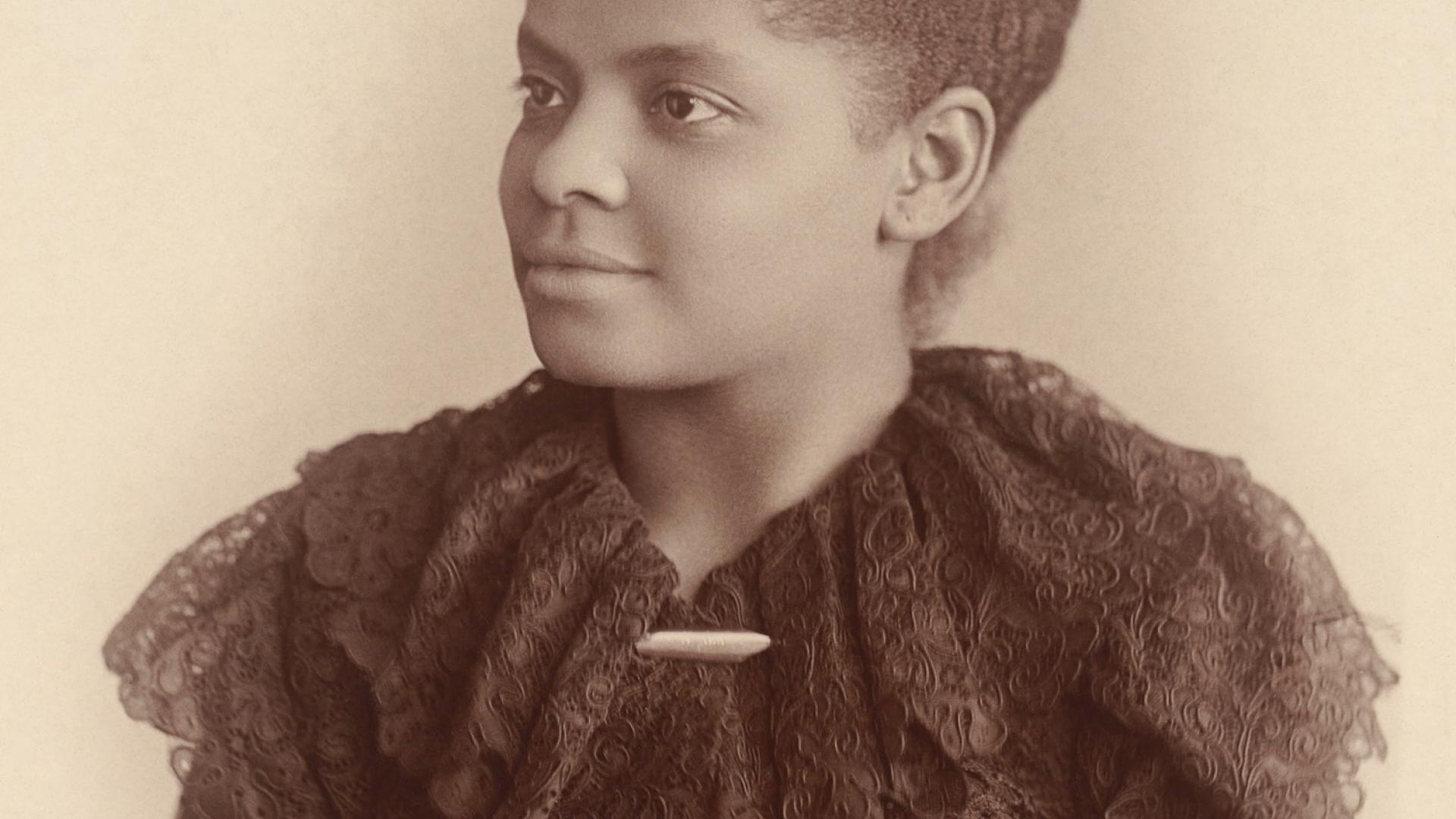A Red Record
A Red Record
The history and lasting legacies of lynching in North Carolina and throughout America remains with each of us, even though many prefer to avoid such hard and violent history. In this activity, students will be introduced to the website A Red Record, which documents lynchings across North Carolinaby plotting the locations of these violent murders and linking each entry to primary source news articles. As part of this activity, students will explore the definition of lynching and its prevalence across the state throughout 1860-1950, as well as examine and discuss the countless lives impacted by lynching and how statistics, and even primary sources, fail to convey the substantial impact of this violent practice. Students will also explore the historical contextfor various periods and how local, state, national, and international events impacted and/or intersected with the practice of lynching. Finally, students will discuss and understand that eventhough difficult, it is critical that we face this aspect of our shared past today in order to heal, as well as effectively respond to present-day issues of racial injustice.
Use the links below to access the rest of the Red Record lesson plans:
- Red Record: Lynching Resistance
- Red Record: Lynching & Dehumanization
- Red Record: “The Light of Truth:” Acknowledging the Legacy of Lynching

